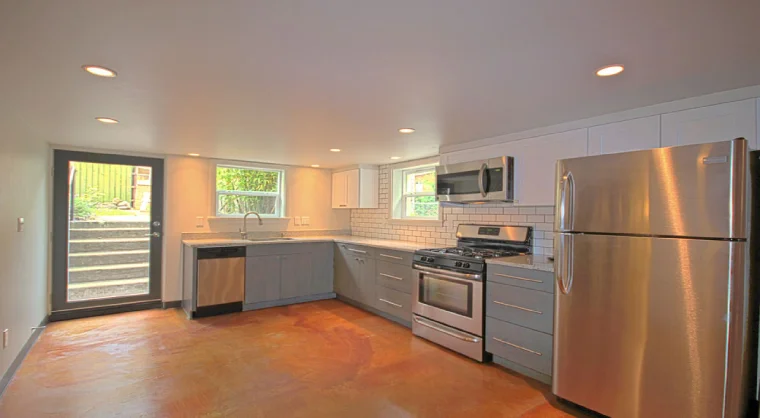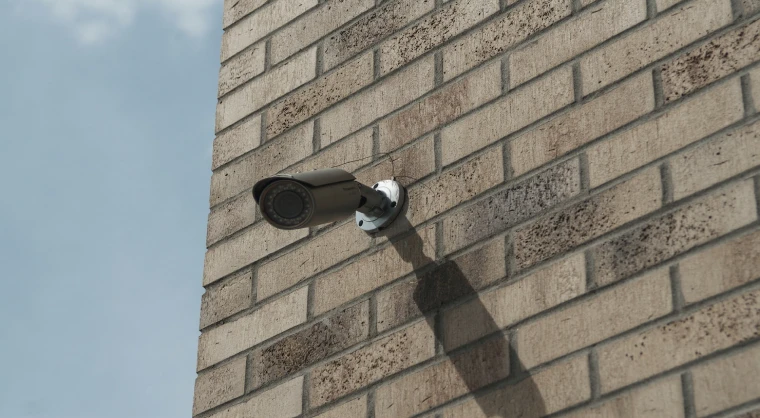- Financial stability is vital for solo living, including budgeting, an emergency fund & retirement savings.
- Developing essential survival skills such as household maintenance and healthy cooking habits is necessary.
- Time management is critical to avoid burnout and balance work and leisure activities.
- Building solid relationships provides support during difficult times of financial insecurity.
Living independently is a rite of passage that comes with many challenges. It requires the ability to maintain a household, manage finances, and make critical decisions in an environment where one must rely solely on their resources. While living solo has plenty of benefits, these come with responsibilities that must be taken seriously for stability.
Statistics show that 48% of Americans aged 25-29 live alone, which continues to grow as people delay marriage and prioritize personal growth. Additionally, solo-dwellers are more likely to rent than own their homes and often have lower incomes than dual-income households. This means they can face greater financial insecurity when faced with unexpected expenses or job loss.
Living independently also involves self-sufficiency in other areas, such as transportation, grocery shopping, health care, and emergency preparedness. Many individuals who attempt independent living may find themselves overwhelmed by the responsibility that comes with it, especially those new to it or lacking experience in such areas. Therefore, they must plan for potential issues to prepare for complex scenarios and ensure their safety and security when living alone. Here are a few crucial tips.
Financial Management

Financial stability is essential when living alone. Without a partner or roommate, one must have the proper financial management skills to account for all necessary expenses and plan for unexpected emergencies. However, developing such a financial discipline can be challenging if you don’t already possess the knowledge and experience. Understanding budgeting, saving, debt repayment, and taxes is necessary for solo living. Here are some tips to help achieve financial security in independent life:
Budgeting
When living alone, budgeting is one of the most critical aspects of financial stability. It allows you to track your income versus expenses, determine where you’re spending too much money, and identify areas where you can cut back or save more. To create an adequate budget, list all your bills and other monthly expenses, including groceries, transportation costs, entertainment activities, insurance payments, etc., then compare them with your total income. This will give you an accurate picture of how much money you have left over after paying your obligations so that you can allocate funds accordingly and make adjustments as needed.
Creating an Emergency Fund
Having an emergency fund is essential when living solo because it provides a buffer between yourself and financial disaster in the event of unexpected expenses or job loss. It’s recommended to start small by setting aside enough money each month to cover at least three months’ worth of essential bills in case there’s ever a need for it. As your income improves over time, consider increasing this amount for greater security and peace of mind.
Maximizing Retirement Savings
When living independently, it’s essential to plan for retirement by contributing what you can towards employer-sponsored retirement accounts such as 401(k)s or IRAs on top of any Social Security benefits available upon retirement age. This can help ensure that you won’t depend upon others during your golden years while also taking advantage of potential tax breaks or employer-matching contributions from specific accounts.
Getting Financial Assistance
A few financial responsibilities, like a home, will be beyond your reach regarding the immediate purchase. If needed, reliable mortgage lenders are available to help with home loans or any other financial needs. Whether you’re a first-time buyer or looking to refinance existing debt, reliable mortgage lenders can provide guidance and assistance for successful independent living.
Household Responsibilities

Living independently also involves learning essential survival skills, such as maintaining a household and tackling the daily chores. These might include cooking, cleaning, laundry, and other practical activities that are time-consuming but necessary for healthy living. Understanding the basics of maintaining a home to keep it clean and safe over time is essential. Learning basic maintenance skills like fixing a leaky faucet or unclogging a sink is also necessary to avoid expensive repairs.
Moreover, living alone requires self-sufficiency in terms of food and nutrition. Developing healthy cooking habits is an invaluable skill to help manage future money and ensure balanced meals during financial insecurity. Identifying what foods are nutritious and budget-friendly versus those that are not can help sustain one’s health during tough times. Additionally, stocking up on non-perishable items is crucial to preparing for emergencies such as natural disasters or job loss.
Time Management
For many living independently, juggling multiple responsibilities can become overwhelming. Time management is essential for any independent individual and must be practiced to prevent burnout. Prioritizing tasks and making the most of available time can help one stay motivated and organized while avoiding unnecessary stress. Creating daily or weekly schedules, setting realistic deadlines, taking necessary breaks, and budgeting free time are all ways to create a successful balance between work and leisure activities.
Developing healthy relationships is also essential when living alone as it provides support during difficult times. Building solid friendships with reliable people should always be part of life strategy as they may provide help when needed or be someone to talk to during hard times.
Final Thoughts
Living independently has its rewards but comes with its challenges. Proper planning and a sound strategy are necessary to ensure stability when taking on a solitary life. It requires financial management, self-sufficiency in household maintenance, and effective time management to create a secure environment for successful independent living.





